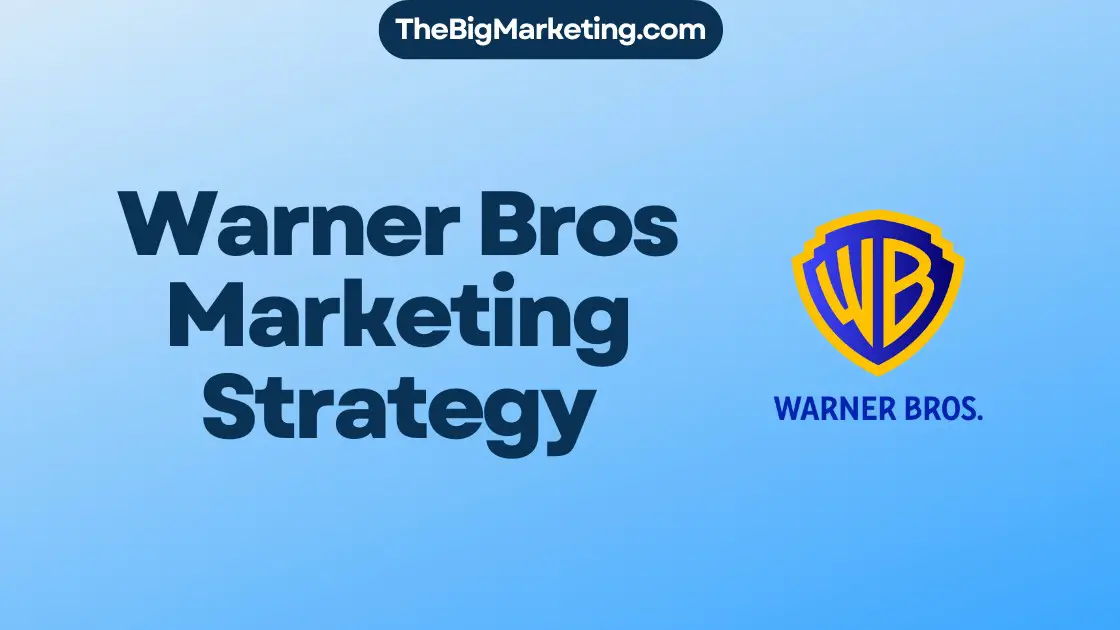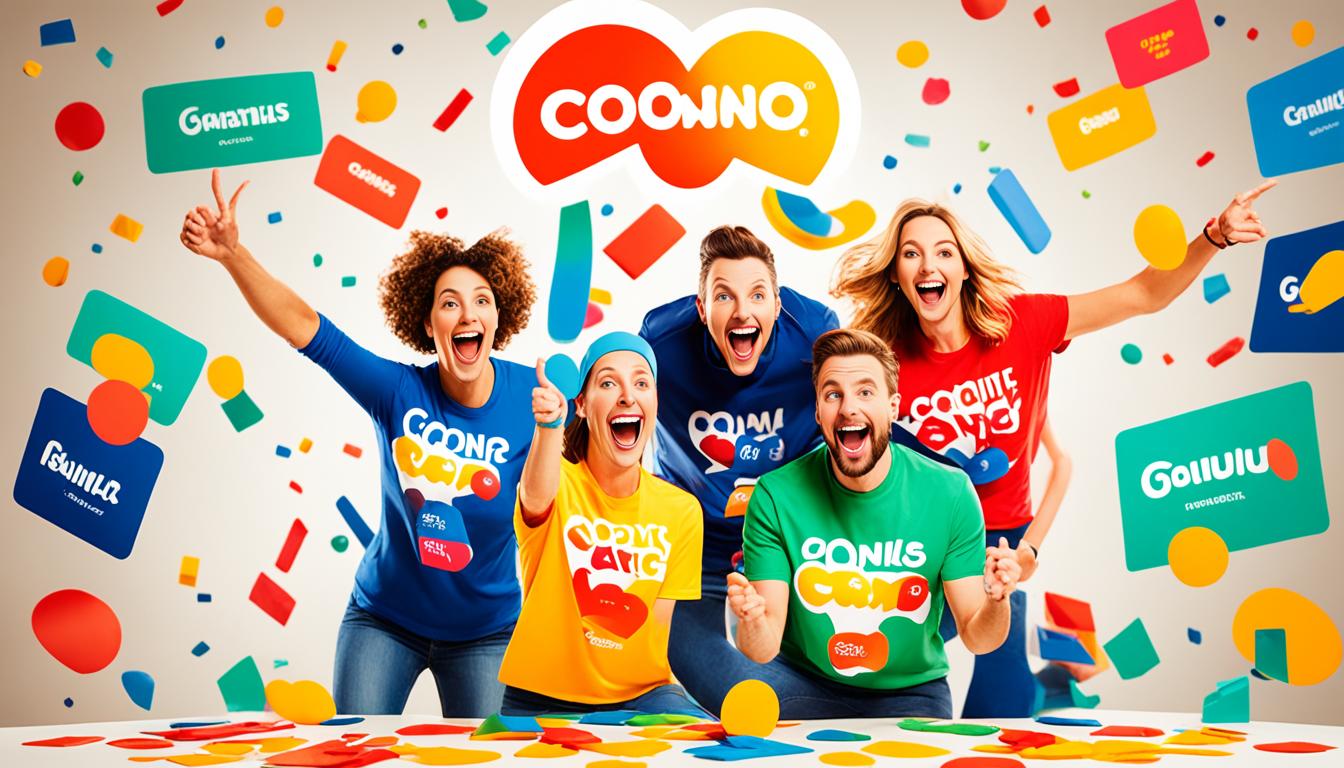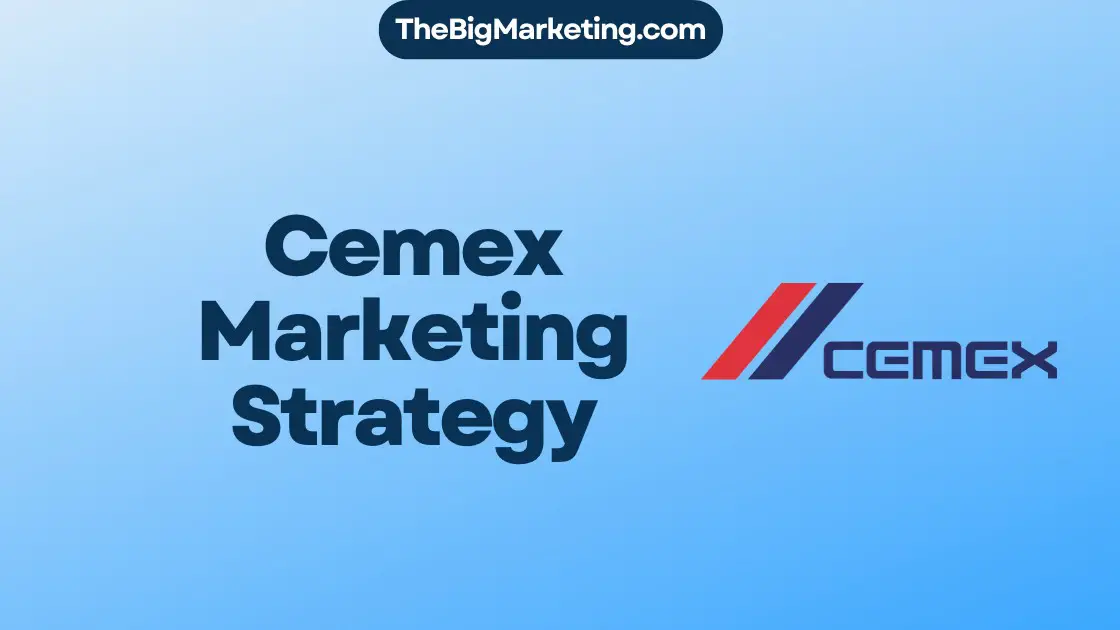In this case study, we will explore the marketing strategy of ITC Limited, a renowned Indian conglomerate operating in various industries. Our focus will be on ITC’s brand growth, strategic marketing analysis, and adaptation to the digital era.
- ITC Limited is an Indian multinational conglomerate with a diverse business portfolio
- The company’s marketing mix includes a wide range of products and a strategic pricing, distribution, and promotional strategy
- ITC faces competition from companies like HUL, Nestle, Procter & Gamble, and others in various sectors
- Conducting a SWOT analysis helps identify ITC’s strengths, weaknesses, opportunities, and threats
- ITC’s marketing strategy focuses on specific target markets and utilizes integrated marketing communications
About ITC
ITC Limited, founded in 1910, is an Indian multinational conglomerate company. With a rich legacy of over a century, ITC operates in diverse sectors, making it a leading player in the business world.
As a conglomerate, ITC has a significant presence in various industries, including consumer goods, hospitality, and technology solutions. The company’s commitment to delivering superior value and innovation has earned it a reputation as one of India’s most valuable and admired companies.
The consumer goods segment is a key focus for ITC, with a wide range of products catering to different customer needs. From packaged foods, lifestyle clothing, personal care items, to stationary, ITC offers an extensive portfolio of quality products that resonate with consumers.
In addition to its presence in the consumer goods industry, ITC has made substantial investments in the hospitality sector. The company owns and operates luxury hotels under the ITC Hotels brand, offering world-class accommodations and exceptional service.
ITC also provides technology solutions to meet the evolving needs of businesses. Through its technology solutions division, the company offers a range of innovative services and products designed to drive growth and efficiency.
With a strong presence in multiple sectors, ITC Limited continues to demonstrate its commitment to excellence and customer satisfaction. The company’s diverse portfolio, combined with its dedication to innovation, positions it as a leader in the industry.
| Sectors | Description |
|---|---|
| Consumer Goods | Wide range of products including packaged foods, lifestyle clothing, personal care items, and stationary. |
| Hospitality | Owning and operating luxury hotels under the ITC Hotels brand. |
| Technology Solutions | Providing innovative services and products to drive business growth and efficiency. |
Marketing Mix of ITC
The success of ITC as a brand can be attributed to its well-rounded marketing mix. The company offers a diverse range of products that cater to various consumer needs. From cigarettes and packaged foods to lifestyle clothing, personal care items, and stationary, ITC caters to a wide customer base.
In terms of pricing strategy, ITC adopts a segmented approach to meet the unique demands of different market segments. This ensures that their products are accessible to a wider range of consumers.
Furthermore, ITC places great emphasis on the availability of its products. With an extensive distribution network, the company ensures that its products are easily accessible to consumers across different regions. This helps in capturing a larger market share and reaching a wider customer base.
ITC promotes its products through various channels, leveraging the power of integrated marketing communications. The company utilizes social media platforms, print media, television, and radio to engage with its target audience. By employing a mix of traditional and digital advertising strategies, ITC effectively communicates its brand message and builds strong brand awareness.
Key Elements of ITC’s Marketing Mix
- Product: ITC offers a wide range of products, including cigarettes, packaged foods, lifestyle clothing, personal care items, stationary, and more.
- Price: ITC adopts a pricing strategy that takes into account market segments and consumer preferences.
- Place: ITC ensures wide availability of its products through an extensive distribution network.
- Promotion: ITC utilizes various channels, including social media, print, television, and radio, to promote its products and create brand awareness.
By effectively leveraging the marketing mix, ITC has been able to establish itself as a leading player in the market. The company’s thoughtful approach to product diversity, pricing, availability, and promotion has contributed to its sustained success.
ITC Competitors and Analysis
As a multinational conglomerate, ITC faces stiff competition across various sectors, including FMCG, hotels, and cigarettes. Let’s take a closer look at the key competitors in each segment:
FMCG Segment:
- Hindustan Unilever Limited (HUL)
- Nestle
- Procter & Gamble (P&G)
In the fast-moving consumer goods (FMCG) sector, ITC competes head-on with industry giants like HUL, known for its diverse portfolio of household brands, along with Nestle’s wide range of food and beverage products, and P&G’s extensive line of personal care and hygiene products.
Hotel Industry:
- Taj Group
- Oberoi Group
In the hospitality industry, ITC’s competitors include well-established names such as Taj Group, known for its luxury properties and exemplary service, and the Oberoi Group, renowned for its commitment to elegance and impeccable customer experiences.
Cigarettes Market:
- Philip Morris International
- British American Tobacco (BAT)
Within the cigarettes market, ITC faces formidable competition from global players like Philip Morris International, renowned for brands such as Marlboro, and British American Tobacco (BAT), known for its popular cigarette brands that resonate with consumers worldwide.
| Segment | Main Competitors |
|---|---|
| FMCG | HUL, Nestle, P&G |
| Hotels | Taj Group, Oberoi Group |
| Cigarettes | Philip Morris International, BAT |
SWOT Analysis of ITC
In order to assess the current position and prospects of ITC, a SWOT analysis is crucial. This analysis helps identify the strengths, weaknesses, opportunities, and threats faced by the company, enabling a comprehensive understanding of its position in the market.
Strengths:
- Strong brand presence: ITC has established a strong brand identity across its diverse product range, creating a high level of consumer recognition and loyalty.
- Excellent research and development facilities: The company’s commitment to innovation is reflected in its state-of-the-art research and development facilities, which enable the creation of high-quality products and continuous improvement.
- Deep distribution channel: With an extensive network of distributors and retailers, ITC has a wide reach, ensuring its products are readily available to customers.
Weaknesses:
- Perception as a tobacco company: Although ITC has diversified its product portfolio, it still faces the challenge of being primarily recognized as a tobacco company. This perception may limit its ability to venture into new markets or attract certain customer segments.
Opportunities:
- Diversification into new sectors: ITC possesses the potential for expansion into emerging sectors, leveraging its existing resources, expertise, and customer base to capitalize on new business opportunities.
Threats:
- Strict regulations: As a company operating in the tobacco industry, ITC faces stringent regulations that govern advertising, labeling, and product packaging. Compliance with these regulations can be challenging and may impact the marketing and distribution strategies.
- Increasing taxation: The government’s imposition of higher taxes on tobacco products poses a threat to ITC’s profitability. These increased costs may impact the company’s pricing strategy and overall financial performance.
| Strengths | Weaknesses | Opportunities | Threats |
|---|---|---|---|
| Strong brand presence | Perception as a tobacco company | Diversification into new sectors | Strict regulations |
| Excellent research and development facilities | Increasing taxation | ||
| Deep distribution channel |
ITC Marketing Strategy
ITC’s marketing strategy is designed to effectively target specific markets and segments, driving brand growth and strengthening its market position. The company employs integrated marketing communications to effectively reach its customers and maximize engagement.
Target Market
ITC identifies and analyzes its target market to develop tailored marketing strategies. By understanding the needs, preferences, and behaviors of its target audience, ITC can create personalized messages and deliver them through suitable communication channels.
The company focuses on both geographical and demographic segmentation to ensure its marketing efforts are highly targeted. This allows ITC to reach the right customers with the right message at the right time.
Segmentation
Segmentation is a key component of ITC’s marketing strategy. By dividing its customer base into distinct segments, ITC can create products, services, and marketing campaigns that cater to specific customer needs and preferences.
ITC utilizes various segmentation variables such as geographic, demographic, psychographic, and behavioral factors. This comprehensive segmentation approach enables the company to effectively target and serve diverse customer segments with tailored marketing initiatives.
Integrated Marketing Communications
Integrated marketing communications (IMC) plays a crucial role in ITC’s marketing strategy. By utilizing a mix of communication channels such as advertising, public relations, direct marketing, and digital media, ITC ensures consistent messaging and brand presence across various touchpoints.
Through IMC, ITC is able to create a seamless customer experience by aligning its marketing messages and activities. This approach enhances brand recognition, recall, and customer engagement, ultimately driving brand growth and customer loyalty.
| Benefits of ITC’s Marketing Strategy | Impact on Brand Growth |
|---|---|
| Highly targeted marketing messages | Increases customer engagement and drives sales |
| Effective utilization of communication channels | Enhances brand visibility and recognition |
| Tailored products and services | Meets specific customer needs and preferences |
| Consistent brand messaging | Builds brand trust and loyalty |
Table 1: Benefits and Impact of ITC’s Marketing Strategy
ITC Marketing Campaigns
ITC has consistently implemented impactful marketing campaigns to effectively promote its wide range of products. These campaigns are strategically deployed across popular TV channels, radio broadcasts, and hoardings, ensuring maximum visibility and reach.
One key aspect of ITC’s marketing strategy is the collaboration with renowned personalities to serve as brand ambassadors. Icons like Kareena Kapoor and Shahrukh Khan lend their credibility and star power to ITC’s ad campaigns, effectively capturing the attention of the target audience and enhancing brand recognition.
By leveraging the influence and popularity of these brand ambassadors, ITC succeeds in creating a strong emotional connection with consumers, ultimately driving engagement and fostering brand loyalty.
These marketing campaigns not only showcase the diverse product portfolio of ITC but also communicate the company’s core values and commitment to quality to the consumers. By staying consistent and innovative with its marketing efforts, ITC continues to solidify its market presence and expand its consumer base.
Key Highlights of ITC Marketing Campaigns:
- Strategic placement on popular TV channels, radio broadcasts, and hoardings
- Collaboration with prominent brand ambassadors like Kareena Kapoor and Shahrukh Khan
- Captivating and emotionally appealing ad campaigns
- Showcasing a diverse product portfolio and key brand values
- Driving engagement and fostering brand loyalty
ITC Digital Marketing Strategy
To adapt to the digital era, ITC has developed a robust digital marketing strategy. The company understands the importance of establishing a strong online presence to effectively engage with its target audience. Through strategic utilization of social media platforms and targeted advertising, ITC aims to enhance brand visibility and drive customer acquisition.
ITC recognizes the power of social media platforms in reaching a wide audience and building brand loyalty. By leveraging platforms such as Facebook, Instagram, Twitter, and LinkedIn, the company can connect with consumers on a more personal level and engage in meaningful interactions. Social media enables ITC to share valuable content, promotions, and updates, fostering a sense of community and loyalty among its customers.
Furthermore, ITC utilizes targeted advertising to ensure its marketing efforts reach the right audience. By leveraging data-driven insights and demographic information, ITC can deliver personalized and relevant advertisements to individuals who are more likely to resonate with the brand and convert into loyal customers. This strategic approach allows ITC to optimize its advertising budget and maximize the return on investment.
By strategically leveraging digital channels, ITC aims to strengthen brand engagement and drive customer acquisition. Through innovative digital marketing campaigns, the company creates compelling content that resonates with its target audience, driving brand awareness and consideration. ITC understands that the digital landscape is constantly evolving, and therefore continuously adapts its digital marketing strategy to stay ahead of the competition and maximize results.
| Digital Marketing Channels | Benefits |
|---|---|
| Social media platforms | Wide reach, engagement, community building |
| Targeted advertising | Personalization, relevancy, optimized budget |
| Innovative digital campaigns | Brand awareness, consideration, staying competitive |
By incorporating these key elements into its digital marketing strategy, ITC aims to solidify its online presence and drive business growth in the digital age.
Conclusion
In conclusion, ITC’s marketing strategy has been instrumental in driving its brand success and fostering business growth. Through a well-executed marketing mix, including a diverse range of products, strategic pricing, and effective promotional campaigns, ITC has solidified its position as a leader in the market.
By conducting thorough competition analysis and strategically positioning itself in various industries, ITC has capitalized on opportunities while mitigating potential threats. This strategic approach has enabled the company to thrive in a competitive landscape.
Furthermore, ITC’s digital marketing initiatives have played a pivotal role in enhancing its brand visibility and engaging with consumers in the digital era. By maintaining a strong online presence and implementing targeted advertising on social media platforms, ITC has effectively reached its target audience and driven customer acquisition.
Moving forward, ITC is well-positioned to continue its success by remaining agile and responsive to evolving consumer trends. By continuously innovating and adapting its marketing strategies, ITC will be able to drive further business growth and reinforce its position as a market leader.








